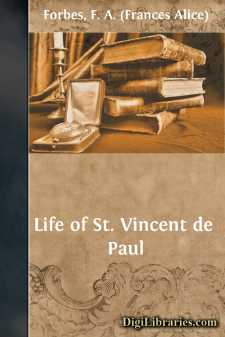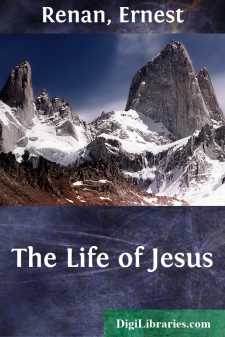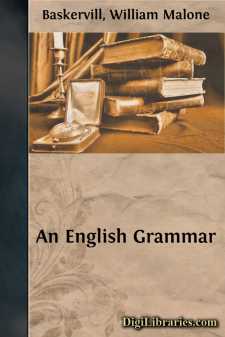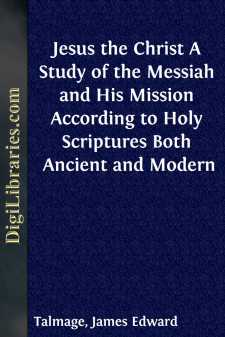Categories
- Antiques & Collectibles 13
- Architecture 36
- Art 48
- Bibles 22
- Biography & Autobiography 813
- Body, Mind & Spirit 141
- Business & Economics 28
- Children's Books 12
- Children's Fiction 9
- Computers 4
- Cooking 94
- Crafts & Hobbies 4
- Drama 346
- Education 46
- Family & Relationships 57
- Fiction 11826
- Games 19
- Gardening 17
- Health & Fitness 34
- History 1377
- House & Home 1
- Humor 147
- Juvenile Fiction 1873
- Juvenile Nonfiction 202
- Language Arts & Disciplines 88
- Law 16
- Literary Collections 686
- Literary Criticism 179
- Mathematics 13
- Medical 41
- Music 40
- Nature 179
- Non-Classifiable 1768
- Performing Arts 7
- Periodicals 1453
- Philosophy 64
- Photography 2
- Poetry 896
- Political Science 203
- Psychology 42
- Reference 154
- Religion 513
- Science 126
- Self-Help 83
- Social Science 81
- Sports & Recreation 34
- Study Aids 3
- Technology & Engineering 59
- Transportation 23
- Travel 463
- True Crime 29
Life of St. Francis of Assisi
Categories:
Description:
Excerpt
CHAPTER I
YOUTH
Assisi is to-day very much what it was six or seven hundred years ago. The feudal castle is in ruins, but the aspect of the city is just the same. Its long-deserted streets, bordered by ancient houses, lie in terraces half-way up the steep hill-side. Above it Mount Subasio proudly towers, at its feet lies outspread all the Umbrian plain from Perugia to Spoleto. The crowded houses clamber up the rocks like children a-tiptoe to see all that is to be seen; they succeed so well that every window gives the whole panorama set in its frame of rounded hills, from whose summits castles and villages stand sharply out against a sky of incomparable purity.
These simple dwellings contain no more than five or six little rooms, but the rosy hues of the stone of which they are built give them a wonderfully cheerful air. The one in which, according to the story, St. Francis was born has almost entirely disappeared, to make room for a church; but the street is so modest, and all that remains of the palazzo dei genitori di San Francesco is so precisely like the neighboring houses that the tradition must be correct. Francis entered into glory in his lifetime; it would be surprising if a sort of worship had not from the first been centred around the house in which he saw the light and where he passed the first twenty-five years of his life.
He was born about 1182. The biographies have preserved to us few details about his parents. His father, Pietro Bernardone, was a wealthy cloth-merchant. We know how different was the life of the merchants of that period from what it is to-day. A great portion of their time was spent in extensive journeys for the purchase of goods. Such tours were little short of expeditions. The roads being insecure, a strong escort was needed for the journey to those famous fairs where, for long weeks at a time, merchants from the most remote parts of Europe were gathered together. In certain cities, Montpellier for example, the fair was perpetual. Benjamin of Tudela shows us that city frequented by all nations, Christian and Mohammedan. "One meets there merchants from Africa, from Italy, Egypt, Palestine, Greece, Gaul, Spain, and England, so that one sees men of all languages, with the Genoese and the Pisans."
Among all these merchants the richest were those who dealt in textile stuffs. They were literally the bankers of the time, and their heavy wagons were often laden with the sums levied by the popes in England or France.
Their arrival at a castle was one of the great events. They were kept as long as possible, everyone being eager for the news they brought. It is easy to understand how close must have been their relations with the nobility; in certain countries, Provence for example, the merchants were considered as nobles of a second order.
Bernardone often made these long journeys; he went even as far as France, and by this we must surely understand Northern France, and particularly Champagne, which was the seat of commercial exchange between Northern and Southern Europe.
He was there at the very time of his son's birth. The mother, presenting the child at the font of San Rufino, had him baptized by the name of John, but the father on his return chose to call him Francis. Had he already determined on the education he was to give the child; did he name him thus because he even then intended to bring him up after the French fashion, to make a little Frenchman of him?...












